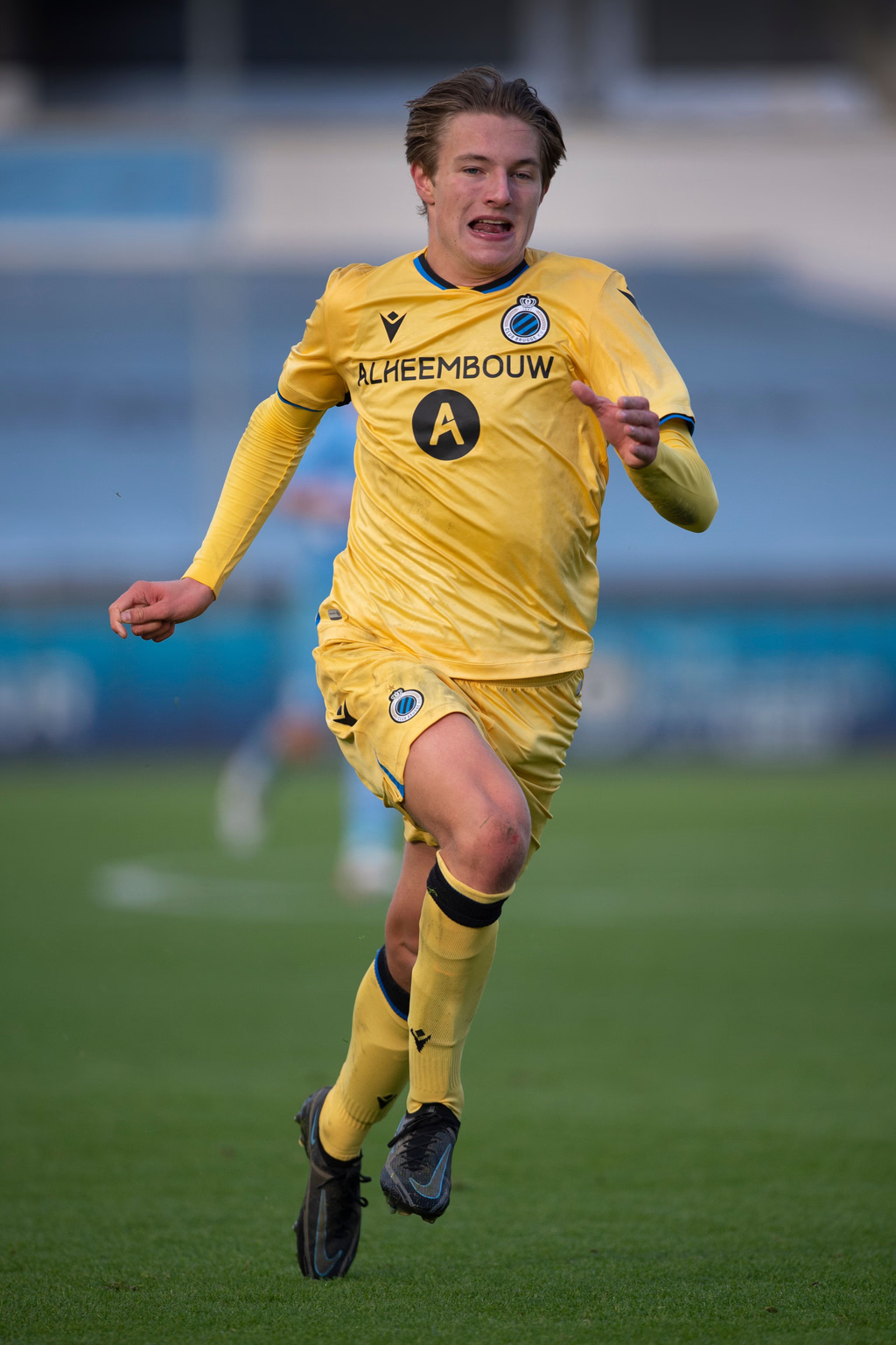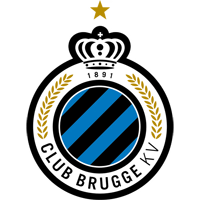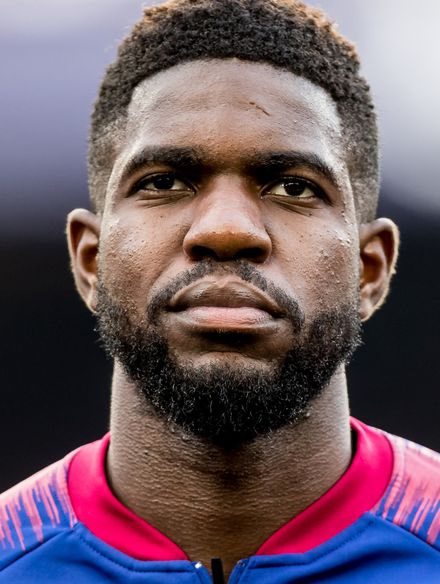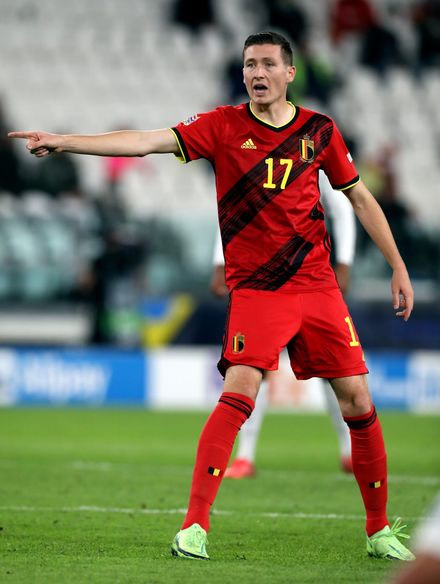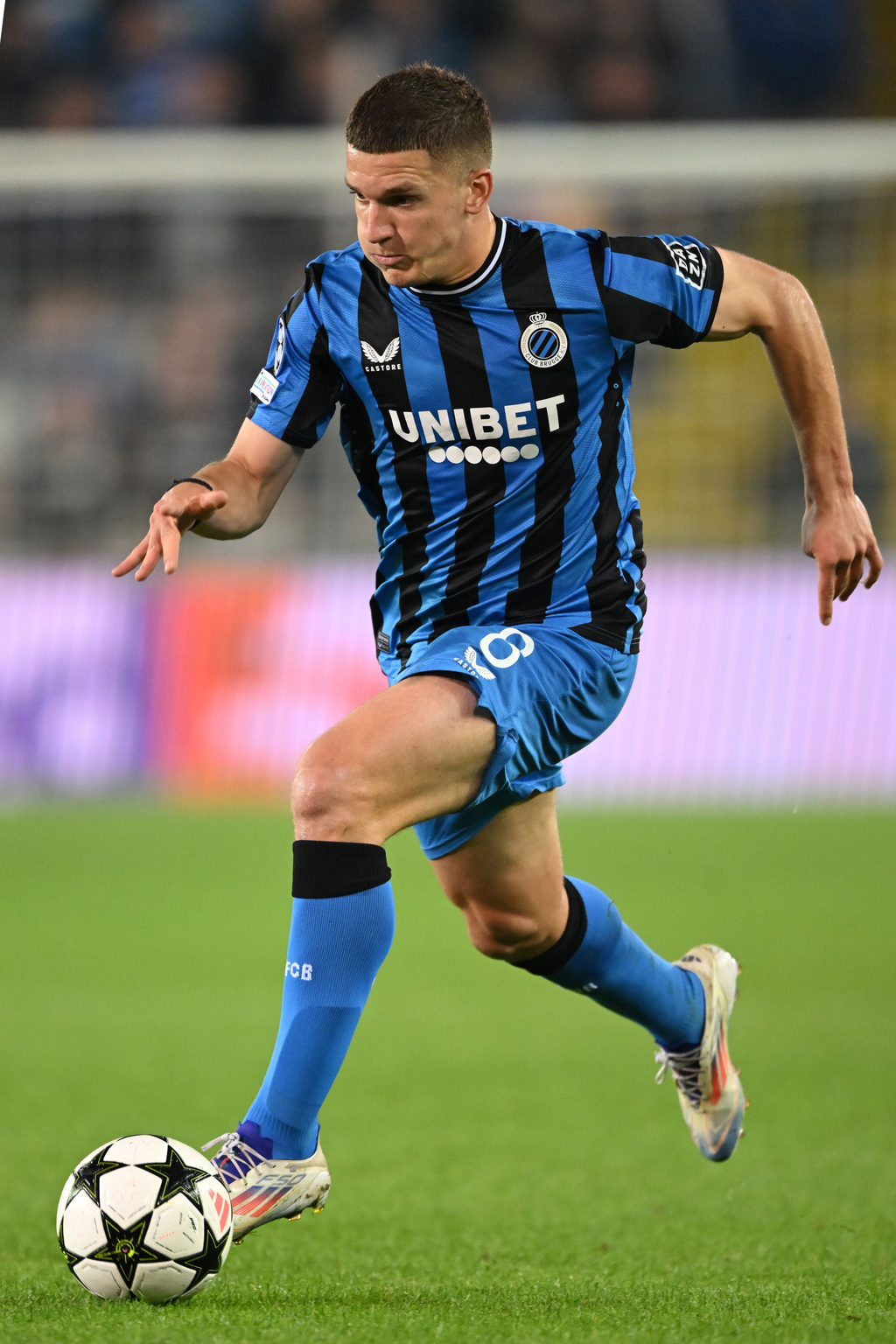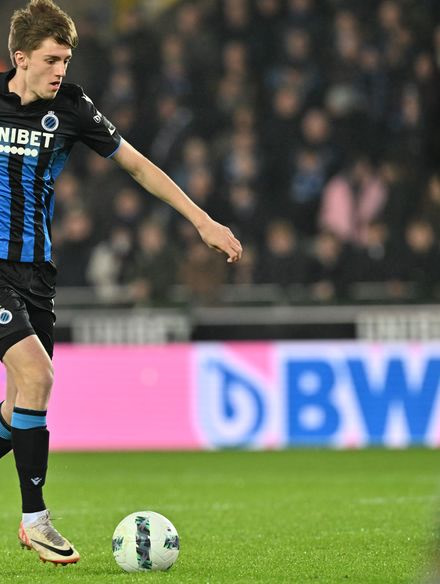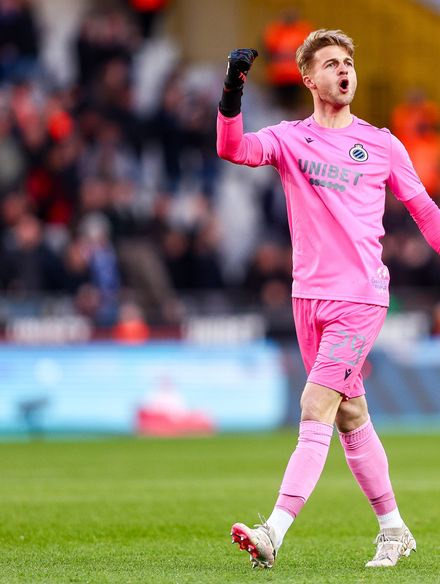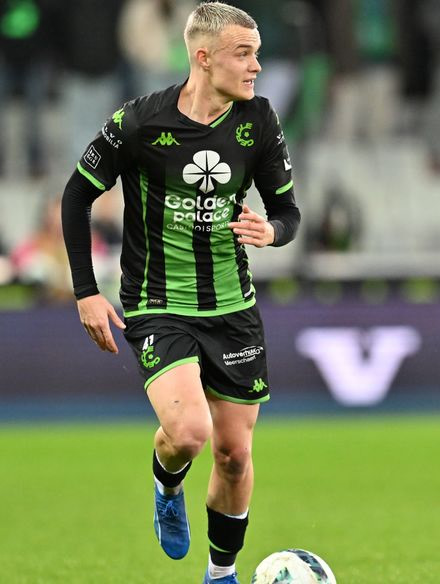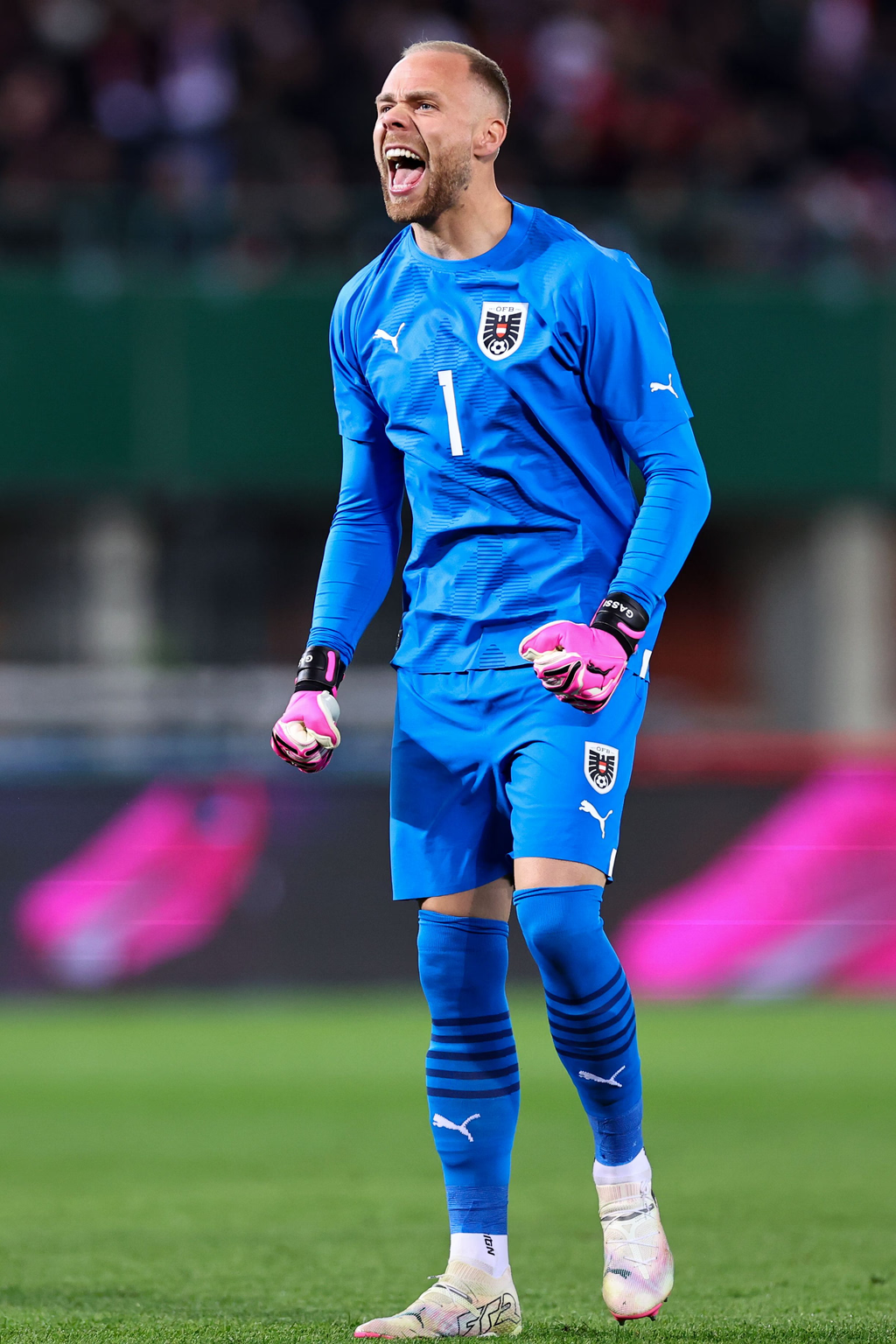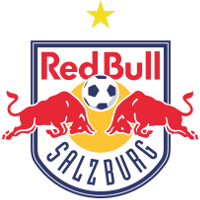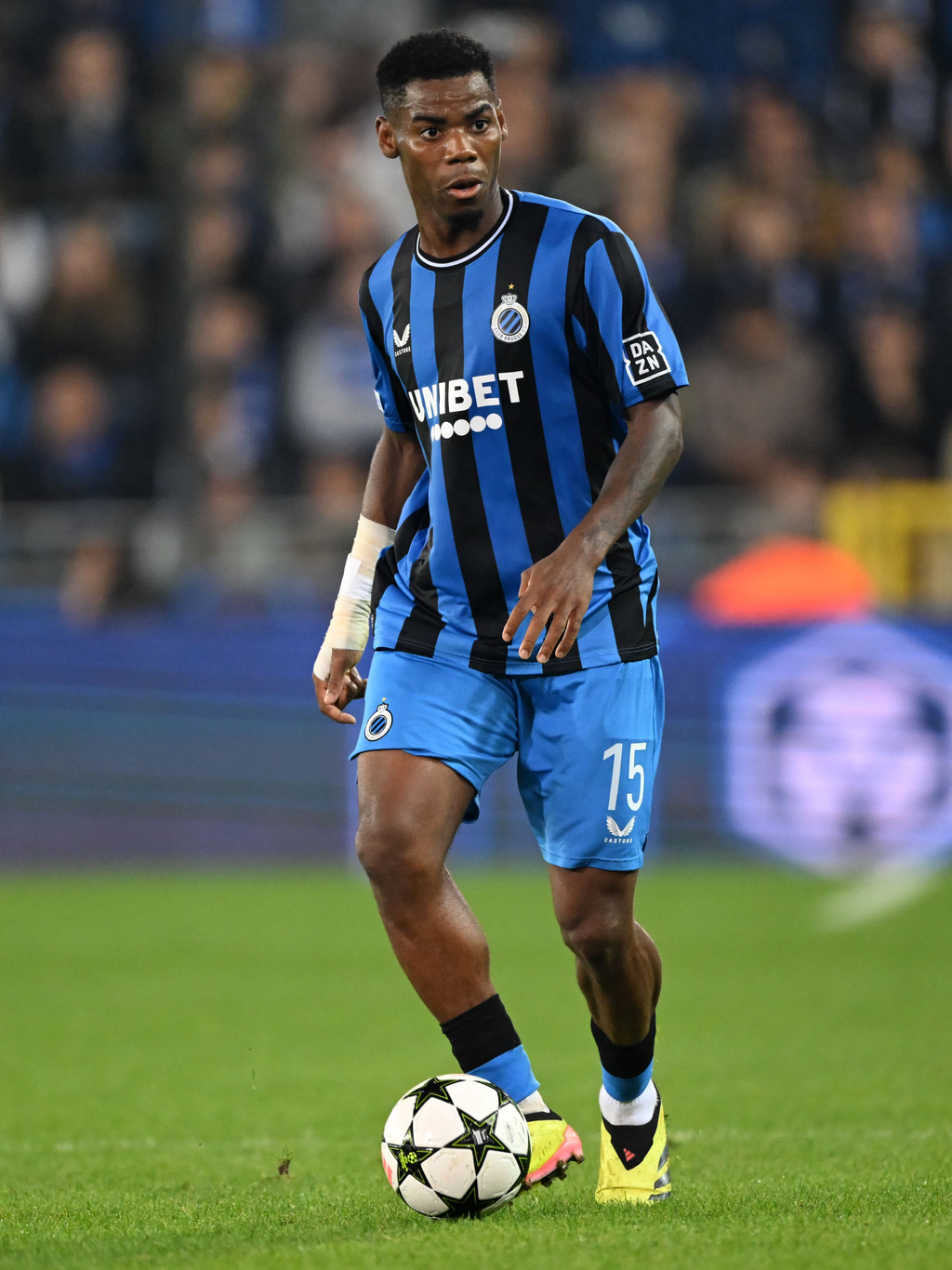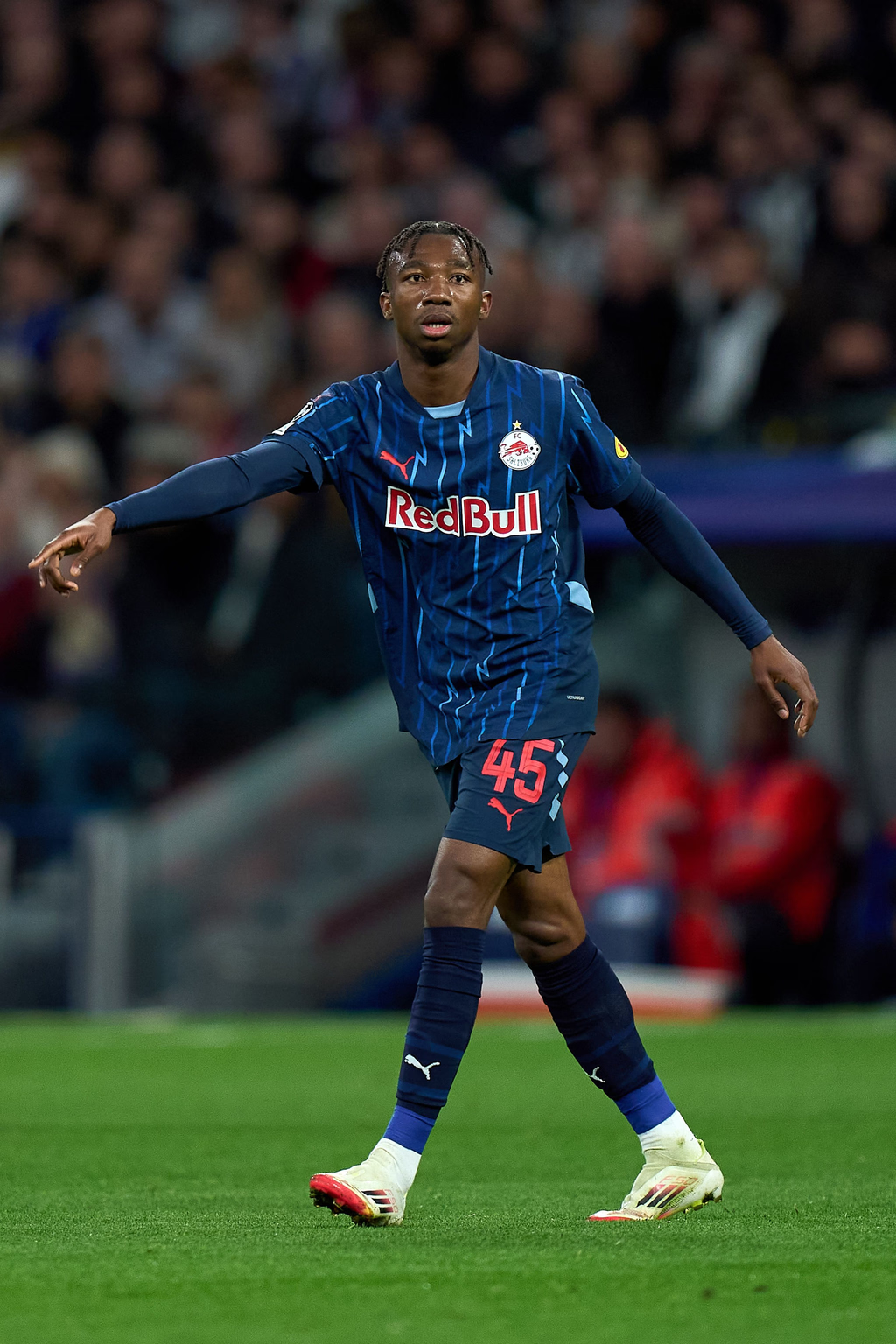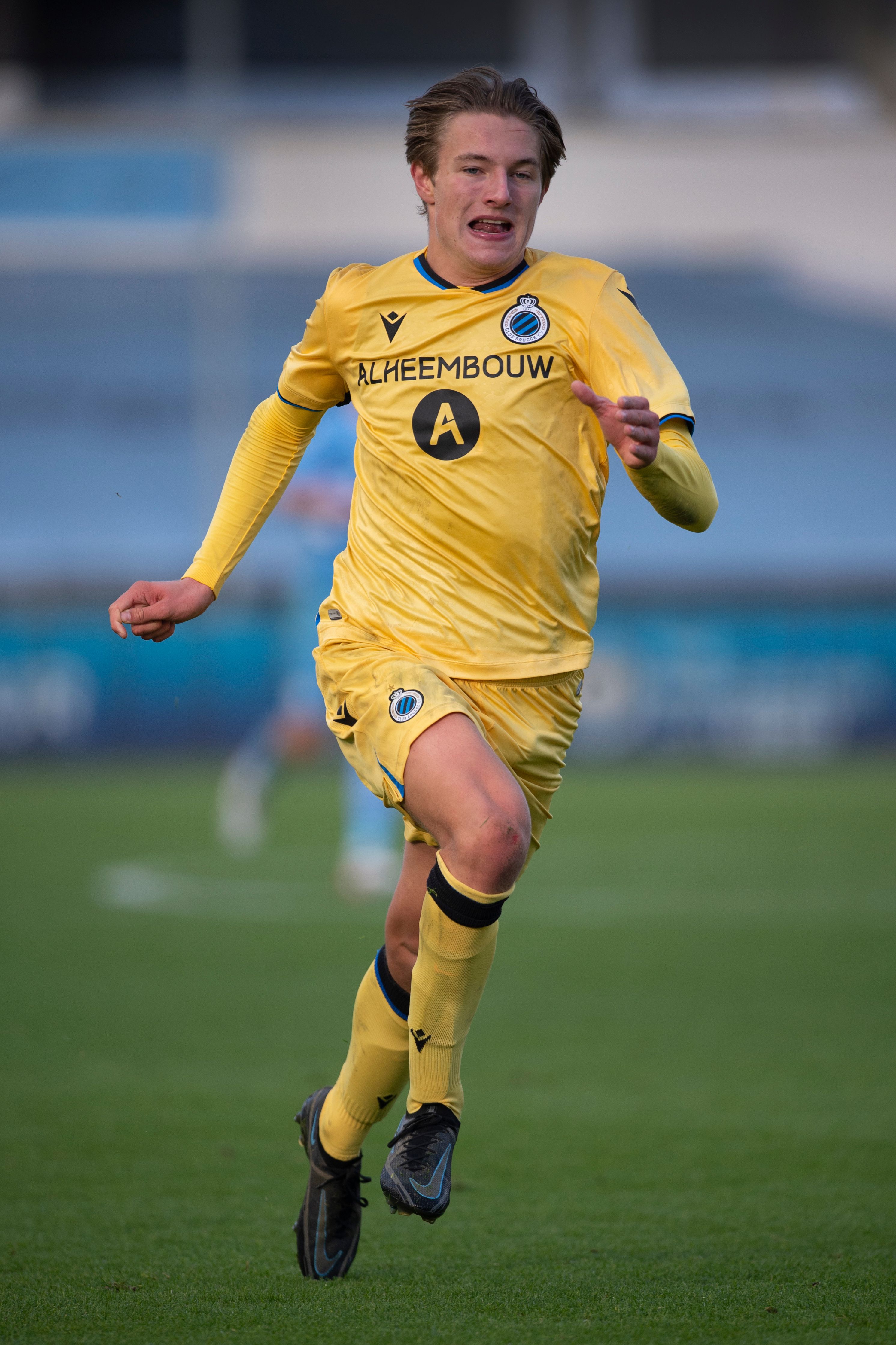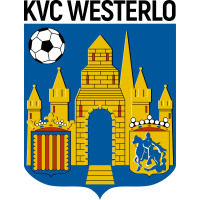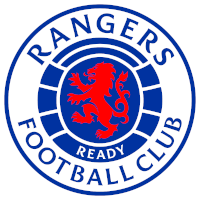RB Salzburg vs Club Brugge: Overview
Red Bull Salzburg suffered a narrow 1-0 home defeat to Club Brugge KV in the first leg of their UEFA Champions League third round qualifier on a warm August evening at the Red Bull Arena. The Belgian side secured a valuable away win through Romeo Vermant's 74th-minute strike, giving them a crucial advantage heading into the second leg.
Despite controlling much of the possession in the early stages, Salzburg couldn't capitalize on their opportunities, registering 20 shots but only 5 on target. The atmosphere at the Red Bull Arena shifted from optimistic to tense as the home side struggled to break down a disciplined Brugge defense anchored by veteran goalkeeper Simon Mignolet.
Thomas Letsch's Salzburg side, featuring a mix of young talent including Sōta Kitano and promising forward Nene Dorgeles, looked dangerous in patches but lacked the clinical edge needed at this elite European level. Brugge's tactical discipline and efficiency proved decisive, with the visitors making the most of their fewer chances to secure the win.
This result puts Salzburg in a challenging position for the return leg in Belgium, where they'll need to score at least twice to progress if Brugge manage to find the net. For the Austrian champions, this setback adds pressure as they aim to reach the Champions League group stages for another consecutive season. Meanwhile, Nicky Hayen's Brugge side have positioned themselves favorably to advance, though they'll be aware that the tie remains delicately balanced heading into the decisive second encounter.
"We created enough chances to get something from this game, but football at this level is unforgiving. We need to be more clinical in Belgium if we want to progress," lamented Thomas Letsch, Red Bull Salzburg's coach after the defeat.
"The players executed our game plan perfectly. We knew Salzburg would have periods of dominance, but we stayed compact and took our opportunity when it came. This is only half-time in the tie," cautioned Nicky Hayen, Club Brugge's satisfied manager.
"We're disappointed with the result but not the performance. We showed we can create chances against a strong opponent. The tie is far from over," insisted Maurits Kjærgaard, Salzburg midfielder, displaying determination despite the setback.
"Securing an away goal and clean sheet puts us in a good position, but we've only completed half the job. Salzburg showed today they're a dangerous team capable of scoring at any moment," acknowledged Hans Vanaken, Club Brugge's experienced captain.
"Salzburg dominated possession for long periods but Brugge's defensive organization was impressive. The Belgian side took their chance clinically - exactly what's required in these high-stakes European qualifiers," analyzed former Champions League winner and television pundit Mario Basler.
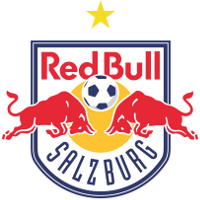
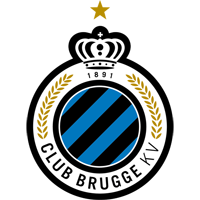
- Possesion of the goal 46%54%
- 20Total hits12
- 5Shots on target5
- 0Big chances4
- 0Big chances missed3
- 6Fouls committed3
- 6Corners6
Possession: The statistics revealed a contrasting picture to the final result, with Club Brugge enjoying 54.1% possession against Red Bull Salzburg's 45.9%. This demonstrated how the Belgian side controlled the rhythm of the game despite playing away from home.
Shooting: Salzburg registered significantly more attempts with 20 shots compared to Brugge's 12, highlighting their attacking intent throughout the match. However, both teams managed an identical 5 shots on target, with Brugge proving more efficient with their finishing.
Goalkeeping: Simon Mignolet showcased his experience with 5 crucial saves for Brugge, while Alexander Schlager made 3 stops for the home side. Mignolet's commanding presence was particularly evident during Salzburg's periods of pressure in the second half.
Chances: The quality of opportunities proved decisive, with Brugge creating 3 clear-cut chances compared to none for Salzburg - a statistic that ultimately reflected in the final scoreline.
Individual performances: Sōta Kitano was Salzburg's most creative player, completing 87% of his passes in the final third and attempting 4 shots. For Brugge, Romeo Vermant's match-winning contribution was complemented by Hans Vanaken's control in midfield, with the captain completing 45 successful passes and winning 7 duels.
Defensive discipline: Brugge committed 14 fouls compared to Salzburg's 9, demonstrating their determination to disrupt the home team's rhythm, though they managed to avoid any bookings through careful timing of their challenges.
6' - Early Chance: Salzburg's Nene Dorgeles broke through on the right wing and delivered a dangerous cross that Sōta Kitano narrowly headed over the crossbar, signaling the home team's attacking intent.
23' - Tactical Adjustment: After observing Brugge's compact defensive shape, Thomas Letsch instructed his Salzburg side to switch to more direct attacks down the flanks, with Stefan Lainer becoming more involved in the offensive phase.
41' - Mignolet Save: A curling effort from Maurits Kjærgaard forced a spectacular diving save from Simon Mignolet, keeping the scores level heading into half-time and boosting the visitors' confidence.
58' - Double Substitution: Nicky Hayen made a decisive tactical change, introducing fresh legs in midfield that would ultimately shift momentum in Brugge's favor as the match progressed into the latter stages.
74' - GOAL (0-1): The deadlock was finally broken when Romeo Vermant capitalized on a swift counter-attack, finishing clinically past Alexander Schlager after being played through by a precise Hans Vanaken pass that split the Salzburg defense.
81' - Missed Opportunity: Salzburg nearly equalized when substitute Kouakou Gadou's powerful strike from the edge of the box rattled the crossbar with Mignolet beaten, representing the home side's best chance to salvage a draw.
90+3' - Final Defensive Stand: In the dying moments, Brugge defended resolutely during a frantic Salzburg assault, with Brandon Mechele making a crucial block to preserve their clean sheet and one-goal advantage for the second leg.
Chronology of the match
This Champions League qualifier marked a rare meeting between Red Bull Salzburg and Club Brugge KV, with historical encounters between Austrian and Belgian clubs generally producing tight, tactical affairs in European competition.
Prior to this fixture, these specific teams had met only once before in competitive action - a friendly match during pre-season preparations in 2017 which ended in a 1-1 draw. That previous encounter featured neither the intensity nor the stakes of this Champions League qualifier.
The tactical battle between Thomas Letsch and Nicky Hayen proved fascinating, with Brugge's experienced core of players including Simon Mignolet, Brandon Mechele, and Hans Vanaken providing a solid foundation against Salzburg's more youthful, energetic approach. The midfield duel between Salzburg's Maurits Kjærgaard and Brugge's Raphael Onyedika was particularly compelling, with the latter's defensive discipline helping to nullify Salzburg's creative threats.
In attack, the contest between Salzburg's forward line and Brugge's defense highlighted different footballing philosophies. The Austrian side's fluid, high-pressing approach created numerous half-chances but lacked the precision to convert, while Brugge's more measured, counter-attacking strategy ultimately yielded the decisive goal.
This first-leg result continues a broader trend of Belgian clubs performing effectively against Austrian opposition in European competition, though the narrow margin ensures the return fixture remains unpredictable. The contrasting styles of play – Salzburg's high-intensity pressing versus Brugge's more experienced, calculated approach – sets up an intriguing second leg where tactical adjustments could prove decisive.
This UEFA Champions League qualifier represents a critical juncture for both clubs' European campaigns rather than affecting any league standings directly. However, the result has significant implications for their Champions League qualification prospects.
Red Bull Salzburg now face an uphill battle in their quest to reach the Champions League group stages for the seventh consecutive season. Should they fail to overturn this deficit in the return leg, they would drop into the Europa League playoff round - a considerable setback for a club that has established itself as a regular in Europe's elite competition.
Club Brugge KV have positioned themselves advantageously to progress to the playoff round, where victory would secure their return to the Champions League group stage. The Belgian champions reached the Round of 16 in the 2022/23 season and are eager to replicate that success.
In the broader context of European football's hierarchy, both clubs occupy similar positions as dominant forces in their respective domestic leagues seeking to establish themselves more permanently among the continent's elite. This qualifier represents a pivotal moment in determining which club continues on the path toward the Champions League proper and its associated financial and sporting benefits.
The narrow margin in this first leg ensures the return fixture in Belgium remains delicately balanced, though Club Brugge's away goal advantage gives them a significant edge in the qualification race.








